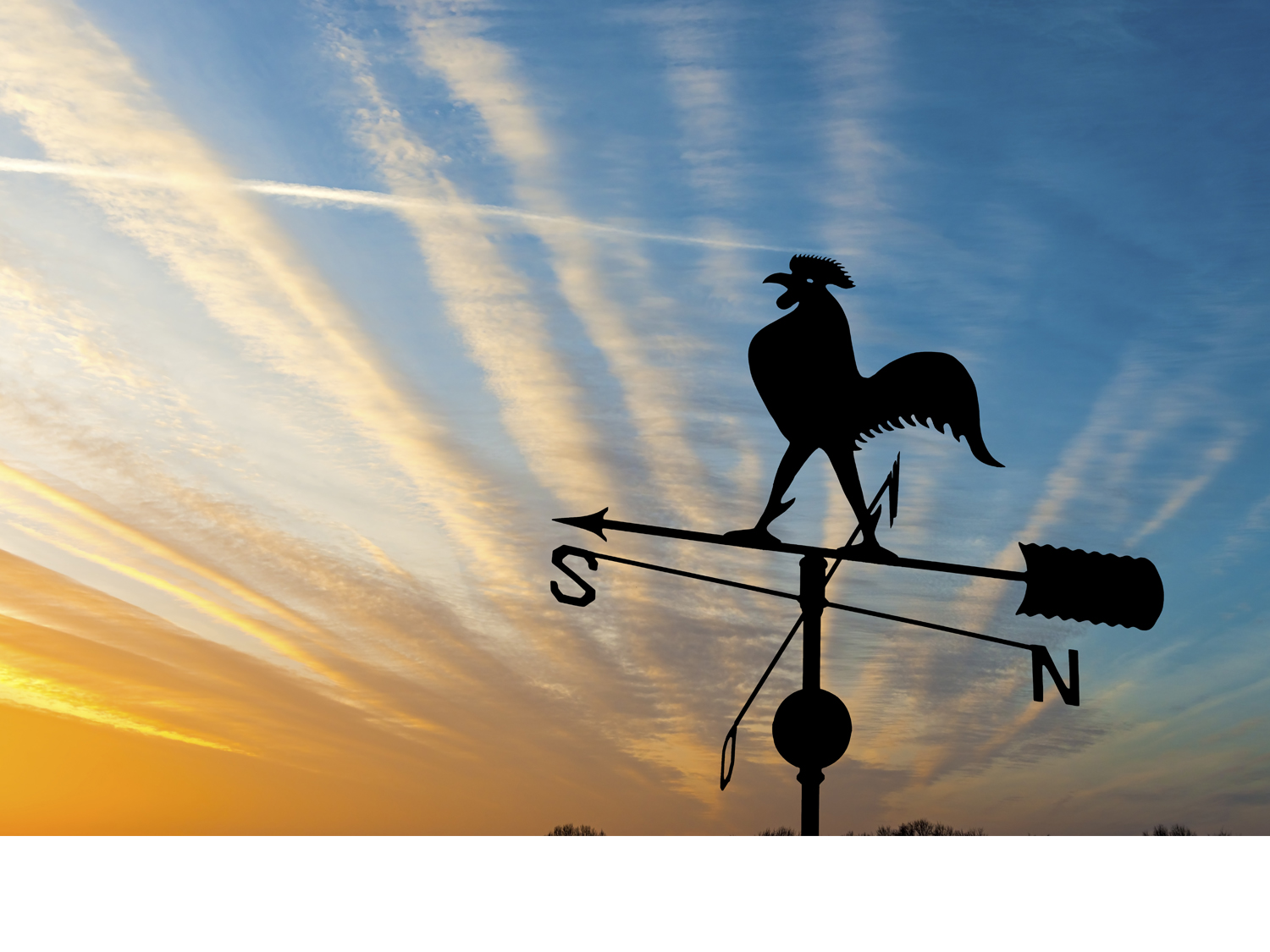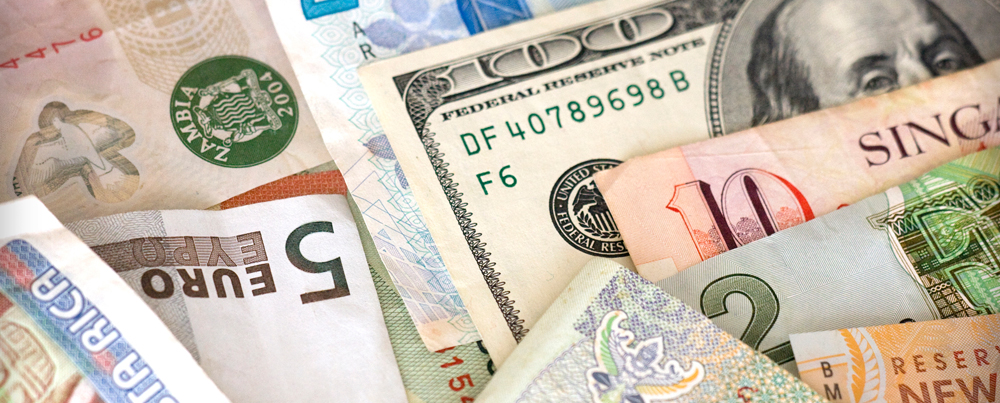Trips and Tours to HangzhouA beautiful city that has inspired poets and painters for centauries.
When do you want to go?
2024
I'm flexible
Passengers
Adults (18+)
Children (0 - 17)
Visit Hangzhou
Hangzhou, the capital of the Zhejiang province, is a beautiful city with an important history of production, including silk, porcelain, and Longjing tea. The city is also known for the stunning West Lake, a freshwater lake with numerous natural and artificial islands in the lake as well as multiple temples, pagodas, and gardens. The lake has inspired numerous poets and artists throughout Chinese history; its beauty and the influence it played on far eastern garden design earned it status as a UNESCO World Heritage Site in 2011.
The city is also home to multiple museums, each relating to Hangzhou’s industrious past. Take a visit to China’s National Tea Museum to learn the rich history of China’s tea production. If you are a lover of fashion, then the China National Silk Museum, which is also in Hangzhou, is perfect for you. The museum displays beautiful silk products, from traditional Chinese garments to more modern pieces, and runs through the history of the local silk production. The city has a beautiful mix of traditional buildings and modern infrastructure, making it a great place to experience the beauty of China.
Tours to Hangzhou
Our tours to Hangzhou are the best way for you to experience the beauty of this stunning city. Our guides are knowledgeable, friendly, and fluent in English, so you can explore Hangzhou to the fullest. During our tours, you have the opportunity to visit famous sites like the West Lake, hike up the stunning Jiuyao Mountain, and explore the pagodas and grottos at the Lingyin Temple. Don’t hesitate to book your dream tour to Hangzhou below!
What to expect when visiting Hangzhou
When visiting Hangzhou, you can expect a city that beautifully blends natural landscapes with rich cultural heritage. Known for its stunning West Lake, which offers tranquil boat rides, scenic walks, and historic temples and pagodas that reflect the city's ancient past. Beyond West Lake, Hangzhou is famous for its tea culture, particularly the renowned Longjing (Dragon Well) tea. A visit to the tea plantations in the surrounding hills offers insight into traditional tea-making processes, along with breathtaking views of terraced fields. The city also has vibrant markets and shopping streets, such as Hefang Street, where you can explore local crafts, snacks, and souvenirs. Hangzhou is a modern city with a well-developed infrastructure. You'll find a mix of ancient sites like the Lingyin Temple, one of China's largest and wealthiest Buddhist temples, alongside modern attractions such as the Grand Canal, another UNESCO site, and contemporary architecture like the Hangzhou Opera House. Overall, Hangzhou is a city that offers a serene escape with its natural beauty, cultural depth, and a balance of the old and new, making it a memorable destination for any traveller.
What to do in Hangzhou

West Lake
One of China's most iconic and picturesque landscapes, the West Lake is a beautiful scene complete with pagodas, temples, and calming walks. Surrounded by misty mountains, lush gardens, and historic temples, the lake offers a serene retreat from the hustle and bustle of city life. As you stroll along its scenic pathways or take a leisurely boat ride on its calm waters, you'll encounter famous landmarks like the Broken Bridge, Leifeng Pagoda, and Su Causeway, each steeped in legend and history. The reflections of weeping willows and lotus blossoms on the water create a dreamlike atmosphere, making West Lake a place of timeless beauty and tranquillity that has inspired poets, artists, and visitors for centuries.

China’s National Tea Museum
Nestled in the scenic Longjing Tea Plantation area, China’s National Tea Museum offers a serene environment surrounded by lush tea fields and traditional Chinese gardens, the perfect place to learn all about the history of tea. Inside, you'll find comprehensive exhibits detailing the history, types, and cultural significance of tea in China. The museum showcases a variety of tea-related artifacts, from ancient tea sets to traditional tools used in tea production, providing a deep understanding of the intricate tea-making process. Interactive displays and tea-tasting sessions allow visitors to engage their senses and appreciate the delicate flavours of different Chinese teas, especially the famous Longjing tea, which is a specialty of Hangzhou. The museum is not just a place to learn about tea; it's an immersive experience that highlights the art and tradition behind one of China's most treasured beverages.

Lingyin Temple
Visiting Lingyin Temple in Hangzhou is a journey into one of China’s most revered Buddhist sanctuaries, surrounded by lush forests and mystical rock formations. Nestled in the Wulin Mountains, this ancient temple, founded in 328 AD, is known as the "Temple of the Soul’s Retreat" for its serene atmosphere, offering a tranquil escape from the bustling city. As you explore its grand halls, you'll encounter impressive Buddha statues, intricate carvings, and the Hall of the Great Hero, which houses one of China’s largest wooden statues of the Buddha. The temple complex is also home to the famous Feilai Feng (Flying Peak), a hillside covered with over 300 Buddhist carvings dating back to the 10th century, adding to the spiritual and historical depth of the experience. Whether you're there to admire the architecture, soak in the peaceful surroundings, or delve into Buddhist culture, Lingyin Temple offers a profound and enriching visit.
When is the best time to visit Hangzhou?
The best time to visit Hangzhou is during the spring and autumn months. In spring, the weather is mild, flowers are in bloom, and the city’s famous West Lake is surrounded by lush greenery and vibrant blossoms, making it an ideal time for sightseeing and outdoor activities. Autumn offers cooler temperatures and clear skies, with the added beauty of colourful fall foliage, particularly around West Lake and the surrounding hills. These seasons also see fewer tourists compared to the peak summer months, providing a more peaceful experience. Overall, both spring and autumn offer the perfect blend of pleasant weather and natural beauty, making them the best times to experience Hangzhou.
Conclusion
In conclusion, a guided tour of Hangzhou offers a seamless and enriching way to experience the city's many treasures. With a knowledgeable guide at your side, you gain deeper insights into the historical significance of landmarks like West Lake and Lingyin Temple and uncover local secrets that might otherwise be missed. The convenience of organized transportation and curated itineraries allows you to fully immerse yourself in the scenic beauty and cultural heritage of Hangzhou without the stress of planning. From exploring ancient temples and tranquil tea plantations to savouring local delicacies, a guided tour ensures a well-rounded and memorable visit, making it an excellent choice for those who want to make the most of their time in this enchanting city.
Frequently asked questions
What are the must-see attractions in Hangzhou?
The must-see attractions include West Lake, a UNESCO World Heritage site known for its picturesque scenery; Lingyin Temple, one of China’s largest and most famous Buddhist temples; the Longjing Tea Plantations, where you can learn about traditional tea production; and the Grand Canal, a historic waterway that runs through the city. Hefang Street offers a vibrant atmosphere with local shops and street food.
What is the best way to experience West Lake?
The best way to experience West Lake is to take a boat ride, which provides stunning views of the lake’s iconic landmarks like the Three Pools Mirroring the Moon and Su Causeway. Walking or biking around the lake’s scenic paths is also a great option, allowing you to explore its various pavilions, gardens, and bridges at your own pace.
What local dishes should I try in Hangzhou?
Hangzhou is known for its delicious cuisine. Key dishes to try include Dongpo Pork, a rich, braised pork belly; Beggar’s Chicken, a whole chicken slow-cooked in clay; and West Lake Fish in Vinegar Gravy, a fresh fish dish with a tangy sauce. For dessert, try Longjing Tea-flavoured sweets and pastries.
Are there any cultural customs or etiquette I should be aware of?
In Hangzhou, as in much of China, it’s polite to greet people with a smile and use both hands when giving or receiving items. When visiting temples, dress modestly and avoid loud behaviour. It’s customary to remove your shoes before entering certain indoor areas, and tipping is not a common practice in China, although it’s appreciated in some tourist areas.
Are there any local festivals or events I should plan around?
Hangzhou hosts several festivals throughout the year, including the West Lake International Expo in May, which features cultural performances and exhibitions. The Dragon Boat Festival, usually in June, is celebrated with traditional boat races and special foods. Planning your visit around these events can provide additional cultural experiences, but be mindful that they may also attract larger crowds.
China travel guides
Highlights of China
Our top picks of things to see and do in China!
The Great Wall
Stretching for more than 20,000km from the Yellow Sea in the eats to the Gobi Desert in the west, the Great Wall of China is known around the world and is a major factor in many people's decision to visit China. Dating back more than 2,300 years, the UNESCO-listed wall measures 7 metres in width and 6-14 metres in height with over 25,000 battlements snaking a path along precarious mountain ridges and thick forests.
See pandas in Chengdu
Known for being absolutely adorable, Great Pandas are endemic to china making it the perfect place to see them in their natural habitat. Watch them as they play, sleep and wander around their conservation sites and learn all about China's effort to increase the panda population to stop these beautiful bears from going extinct.
The Terracotta army in Xi'an
In 1976 three farmers near the city of Xi'an were digging a well and in doing so discovered one of China's greatest treasures - Emperor Qin's 7000-strong terracotta army. Believed to have been made 2200 years ago these life-size warriors stand in military formation in excavated pits under the cover of a modern protective hanger. Made of local clay, no two faces are alike – each is said to be an individual portrait.
Beijing
Capital of the People’s Republic, Beijing is China’s political, economic and cultural centre. With a chequered history, Beijing was established in 1045 BC and for 800 years served as the capital of several dynasties. At first glance Beijing can appear as nothing more than a modern cosmopolitan city with soaring skyscrapers, sprawls of apartment blocks and a crisscross of freeways. But hidden amid the concrete and glass one can still find remnants of the city’s past and evidence of traditional Chinese culture still practised today.
Shanghai
Buzzing with energy and activity from its gleaming sky scrapers all the way to its charming Old Town, the mega city of Shanghai epitomises China’s meteoric rise to global power status. Everywhere you look, there is something to do, see or buy, and you're unlikely to ever find yourself having a dull moment during your stay.
Guilin
Renowned for it’s striking, if bizarre scenery - vast areas of karst limestone outcrops that rise up from flat rice paddy fields, and beautiful pagodas, Guilin is often the subject of Chinese painting. On our tours that travel to Guilin, we will visit the enormous and dazzlingly beautiful Reed Flute Caves. The city is filled with a delicious fragrance of Sweet Osmanthus trees and indeed this is the meaning of the name Guilin - "forest of Sweet Osmanthus".
Our customers say
Excellent
4.4 out of 5 based on 275 reviews























